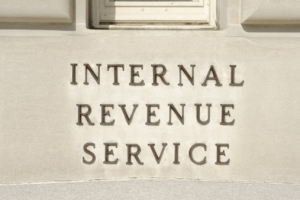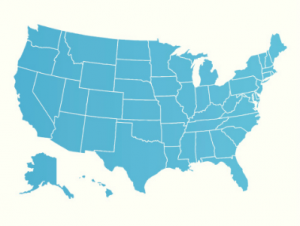Producers
The Affordable Care Act (ACA) established a maximum out-of-pocket limitation for single and family coverage. The limit established for 2016 is $6,850 for single coverage and $13,700 for family coverage. The Department of Health and Human Services (HHS) issued an FAQ document on May 8, 2015 which indicates a health plan that covers a family cannot impose an out-of-pocket maximum of more than $6,850 for any single family member covered under the plan.
- The fee is paid on the average number of covered lives for the plan year ending in 2014.
These limits are updated annually and reflect cost-of-living adjustments.
The Affordable Care Act (ACA) has eliminated the need for certificates of creditable coverage (a.k.a. HIPAA notices) as of this year. These notices detailed the amount of time a person was covered under a health plan, and their primary purpose was to reduce or eliminate pre-existing condition waiting periods when someone was changing from one health plan to another. Since the ACA has eliminated pre-existing condition waiting periods in almost all market segments, these notices are deemed to be no longer relevant.
On March 4, 2015 the U.S. Supreme Court heard oral arguments in regards to the King vs. Burwell case, which is the most significant challenge to the Affordable Care Act (ACA) since the constitutionality of the Individual Mandate was challenged back in 2012. The plaintiffs in the King vs. Burwell case argue that subsidies can only be provided by states that establish an Exchange on their own. They further argue that the federal government, which is utilized in 37 states, cannot provide subsidies to Exchange applicants.
The IRS has released Notice 2015-17 with some new information about Employer Payment Plans, which are plans that are used to reimburse employees with pre-tax dollars for individual market coverage (e.g. HRA). Previous guidance had essentially eliminated Employer Payment Plans as an option for actively employed workers because they would not be able to comply with all of the Affordable Care Act (ACA) market reforms. Notice 2015-17 elaborates on the IRS’ position of Employer Payment Plans.










